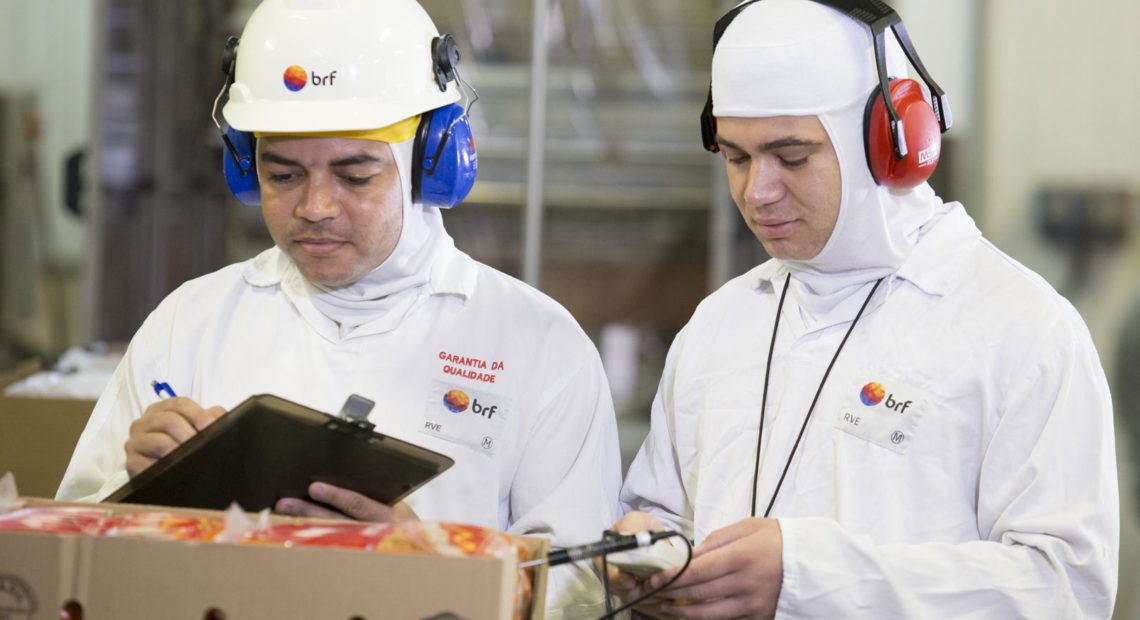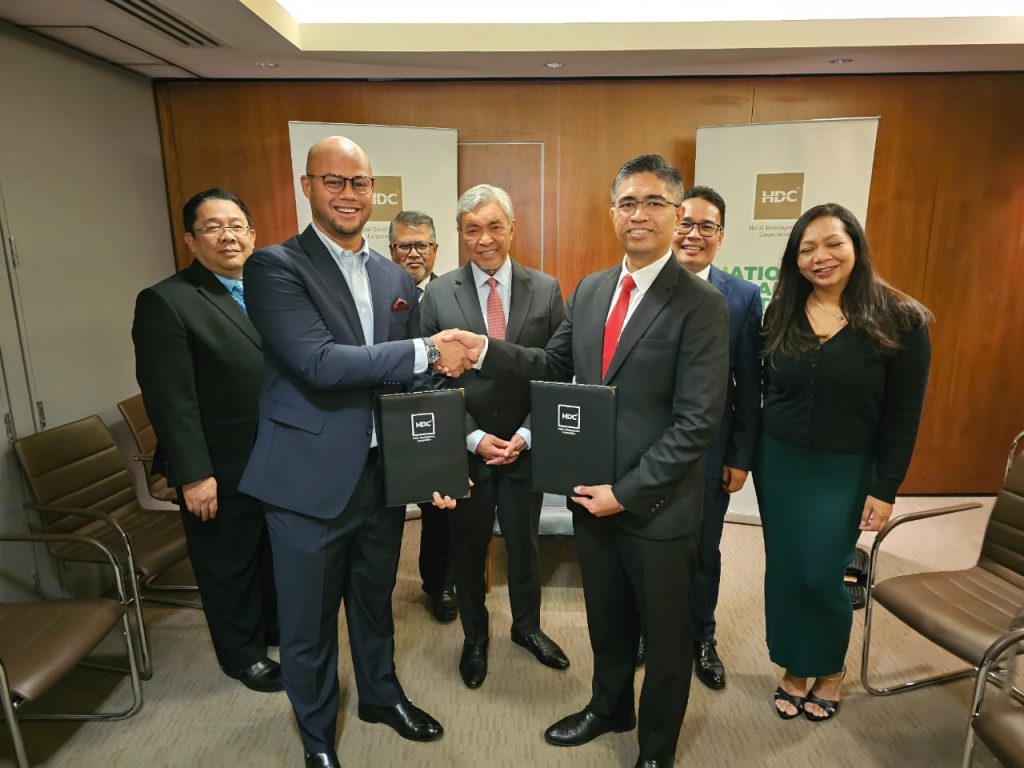Vivian Salama
ABU DHABI // From hotdogs to hotels, halal companies around the
world are seeing an increase in the demand for Shariah-compliant foods
and noting an emerging role for the UAE as an industry regulator.
Businesses
from more than 30 countries including Australia, Kuwait, the UK and
Serbia gathered for the second Halal World Expo in an effort to come to
a consensus on what actually makes a product halal.
“We need
better international standards, and you have countries like Malaysia
and now the UAE starting to take a strong role,” said Mazen Darawsheh,
the regulatory affairs officer for Nestle, which only produces
Shariah-compliant food products.
Catering to the world’s fastest
growing religion of about 1.4 billion people, the rapidly growing halal
industry, worth an estimated Dh7.7 trillion (US$2.1 trillion), has
broadened in scope in recent years to include everything from food to
Islamic fashion and textiles, as well as pharmaceuticals, cosmetics and
even Islamic finance.
The highly fragmented halal industry has
been the subject of global debate as industry leaders push for more
standardised regulations. While Malaysia currently dominates the
industry, the UAE has emerged in recent years as a major player, given
its diverse population and proximity to both the Asian and Middle
Eastern markets. The UAE particularly serves as a gateway to the Saudi
Arabian market, where Shariah compliance is a requirement for all food
products.
“This is a very attractive market for our business,”
said Jolly Raca, the export director of Philippines-based Florence
Foods. “There are a lot of Filipino people here and in Saudi Arabia, so
they like eating Filipino food, but we make it halal so that it will
appeal to the Muslim people living here too.”
Experts say it
will be a long and difficult process to draw up unified guidelines,
since there are as many variations of halal around the world as there
are countries.
“The meaning of halal is different from country to
country,” said Mohammed Jalal al Reyaysa, the director of public
relations for the Abu Dhabi Food Control Authority. “We are part of a
committee that determines if a product is halal or not.”
While
most countries in the Middle East and North Africa regard almost all
Shariah-compliant products as halal, countries in South East Asia limit
this designation to food products.
The UAE has never required
businesses to label halal products. According to Mr Reyaysa, halal
brands wishing to enter the UAE market are required to submit a
certificate from an Islamic association in their own country that has
been recognised by the embassy of the UAE in that country.
Demand
for more Shariah-compliant products is on the rise. Research conducted
by Brand Union has found that 70 per cent of Muslims worldwide follow
halal standards to some degree.
The industry could easily
account for 20 per cent of world trade in food products by 2025,
according to the Canadian government’s Agri-Food Trade Service.
However, most of the companies gathered at this year’s Halal World Expo
noted that they were not just marketing their products to Muslims.
“I
sell organic halal products, so the halal part appeals to Muslims but
the organic part can appeal to Christians, or anyone,” said Dusko
Duric, the director of the Belgrade-based halal organic food producer
Suoloe Salute Serbian.
The halal industry is increasingly
expanding to include non-food products, said Hani Lashin, the group
general manager of Al Jawhara Shariah-compliant hotels and apartments.
“We
prohibit alcohol and all our food is from Al Islami [food company] so
it is 100 per cent halal-compliant,” he said. “Sixty per cent of our
guests are non-Muslims, because we ultimately provide them with a
quiet, safe, family-oriented hotel.”
Another active sector
looking to boost its portfolio with Shariah-compliant products is the
cosmetics industry, worth an estimated Dh2.06bn worldwide.
Brands
such as ACTIValoe, Sunbreeze and Kandesn have already earned the
approval of the Chicago-based Islamic Food and Nutrition Council of
America and various other halal certification boards.
vsalama@thenational.ae



